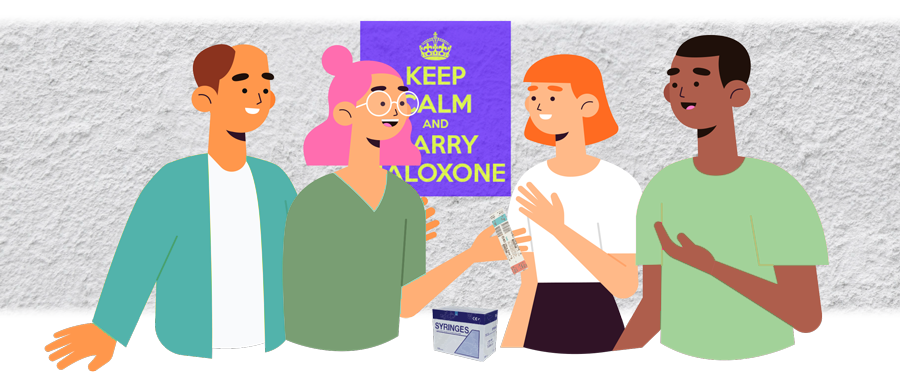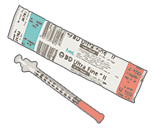In this final instalment of conversations with Hepatitis SA peer educators, Margie, Penni, Justin and Sue reflect on the rewards they find in the job. Read previous instalments: Part 1 | Part 2
Among its other services, Hepatitis SA runs four Clean Needle Program (CNP) sites in Adelaide, at Hackney, Noarlunga, Port Adelaide, and Elizabeth. Our CNP peer educators also attend rostered sessions at other sites at various times during the week. In late 2019, we celebrated this program’s fifth successful year, which would have been impossible without the hard work and dedication of our peer educators, who have personal experience and knowledge of injecting drug use and also have up-to-date knowledge on hepatitis B, hepatitis C and other blood-borne viruses.
Even with the COVID-19 outbreak and mass closure of services, Hepatitis SA’s peers continue to offer CNP services, with extra physical distancing arrangements in place for the safety of both clients and workers.
We asked some of Hepatitis SA’s peer educators to reflect on how they came to the job, and what rewards they find in it.
What have you found most rewarding about the role?
PENNI: I feel lucky to be in part-time employment where the work is 100% interesting, worthwhile, enjoyable, and utilises personal skills, experience and aptitudes. Working as a peer with other peers allows you to grow in the workplace with like-minded and supportive people, where your goals and objectives are meaningful, and the subject matter has relevance for yourself and others, and where the client group is one for whom I have a strong affinity.
Interactions with the clients are positive, whether we’re providing assistance or simply exchanging a few words or a laugh. Being able to operate with autonomy in pursuit of these extremely worthwhile goals is highly rewarding. I actively and regularly appreciate numerous aspects of this CNP peer ed role with Hep SA.
MARGIE: The most rewarding thing about being a peer worker is being able to share my knowledge and experiences with service users. I’m able to give them a piece of information that could change their quality of life, whether it is as simple as explaining swabbing to them or just having a chat with them. That piece of information will then get shared amongst their friends, increasing their knowledge and keeping them from harm.
Many people come in with serious problems—they don’t want you to fix it, they just want to be able to talk to someone who isn’t going to judge them or dismiss them. When they know that you have used drugs there is almost a sigh of relief because they don’t have to defend their life choice. We have something in common that lifts a veil, they become more honest and open about asking advice. I want that person to walk out after having had a good interaction with a service provider and knowing they can ask me anything.
I also find I learn things from clients, they tell me about their lives, equipment and what’s happening in their community. I would love to keep doing this and keep learning for as long as I can.
SUE: The most rewarding thing about this job has been the confidence we give to our clients when we inform them of information they are clearly very worried about.
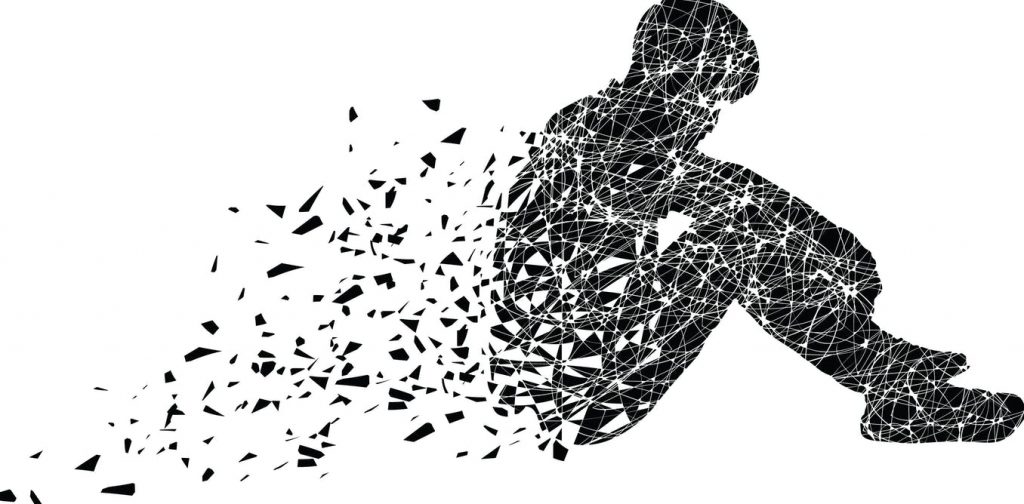
One regular client came in, distressed that his doctor had just informed him that he had hep C, and he was threatening suicide! I was distraught with that comment and went into overdrive giving him information about the disease and how now was the best time ever to get cured, as the new medications had been in the community around six months by then, and success rates were astronomic… So I gave my client all this information and managed to calm him down, got him an appointment with a liver nurse, and he went on the medication and within the 12-week period he was cured, and he was over the moon. I haven’t had many interactions with clients like that one, but knowing we are acknowledged by them means an awful lot.
JUSTIN: Being “out” in a workplace as someone who has used drugs is an interesting experience—it has broken down barriers with so many people across the many agencies I have worked in. Drug users are usually portrayed and understood in a very narrow way, but by being a trustworthy and capable co-worker and caring about our clients, co-workers and workplace, it only takes a small amount of time to show people that those assumptions are wrong.
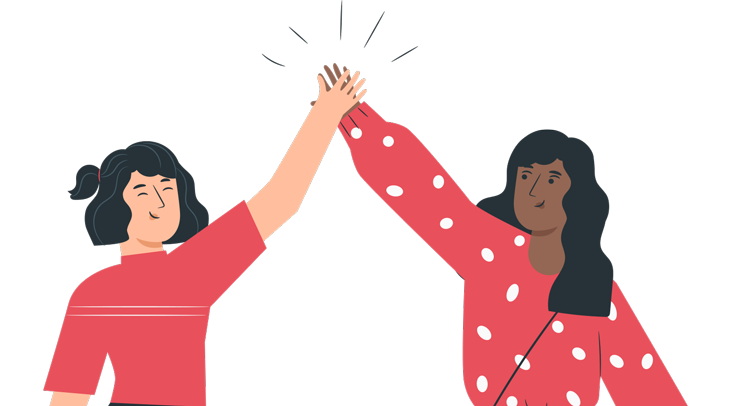
It is most rewarding seeing people who might have once been afraid of, or scowled at the idea of drug users, now accepting and welcoming us as clients and members of the community.
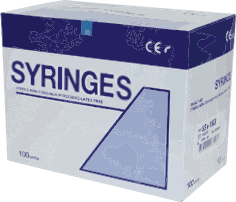
We thank all of our peer educators for their hard work, and for taking the time to talk to us about it!
